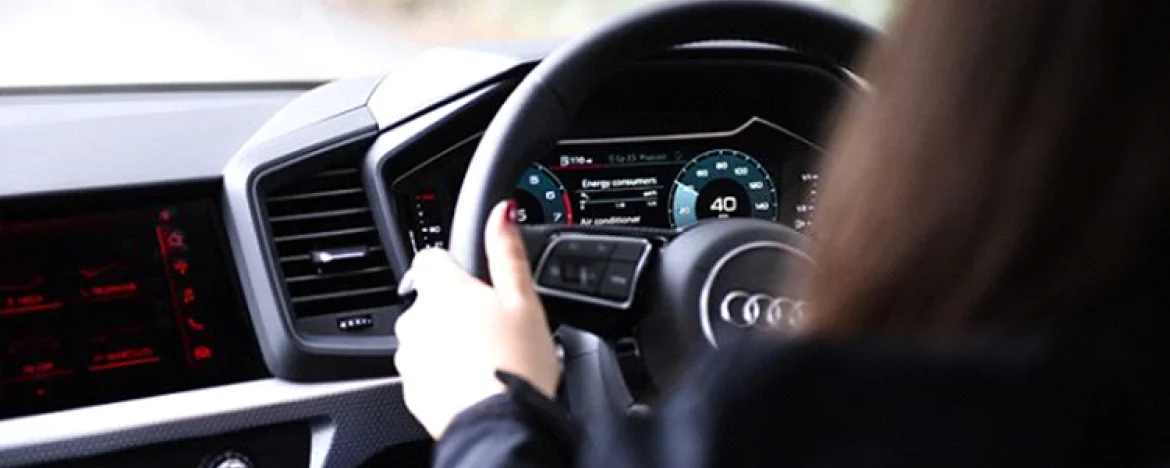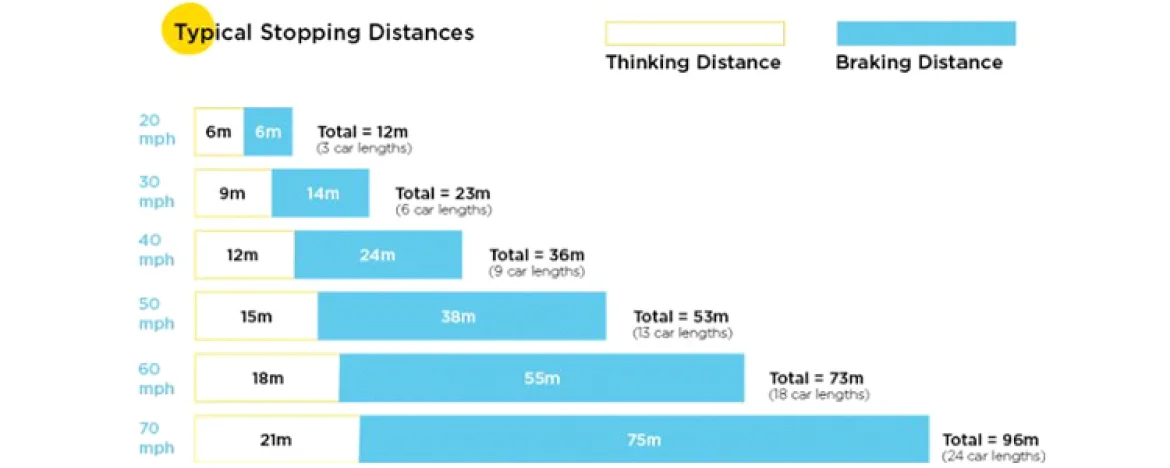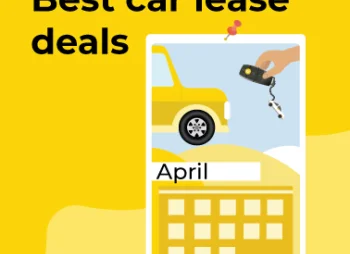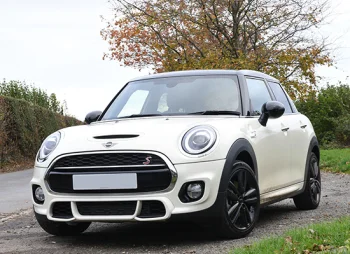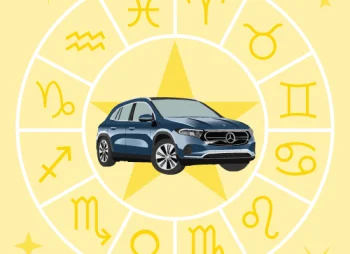Test your knowledge on safer driving
When you’re rushing from A – B, it can be easy to let bad habits creep in. But safer driving benefits all of us - pedestrians, cyclists and car users alike – so we’ve compiled some important facts that you should know before you get behind the wheel.
As of September 2023, there were 41.3 million licensed vehicles in the UK (an increase of 1.4% from the year before).
That’s a lot of cars. And it means our roads are busy – and only getting busier. Being as diligent as possible while you’re out and about goes a long way in helping to avoid road traffic incidents or disruptions.

